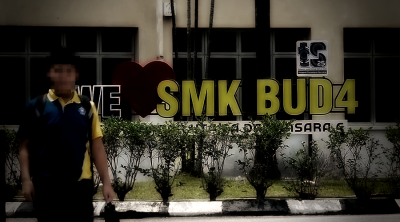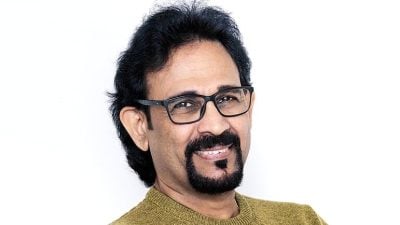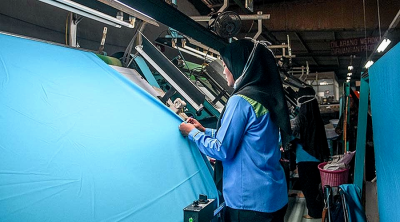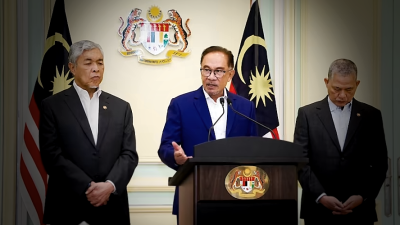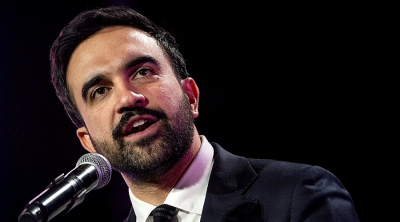
Consumers today face a bewildering array of grocery items and household products—from food and drink to cooking oil, soaps, detergents and toilet cleaners.
Yet, despite their daily use, many question whether these products are truly safe, effective, or worth the price.
There are several stories of shrinking soap bars, diluted cleaners, and suspiciously cheap imports flooding the market, leaving consumers, especially the B40 group, vulnerable to substandard and sometimes hazardous goods.
After traveling within several countries, this article examines the real-world examples of Lux soap, Duck toilet cleaner, detergents, and packet cooking oil, highlighting why robust and proactive regulatory agencies are essential to protect consumers and ensure product quality.
Everyday products, everyday risks: Taking a look at real-world cases with lux, duck, detergents and packet cooking oil
Walk into any supermarket or store and you’ll find shelves packed with products that claim to clean, nourish, and protect.
Yet, for many consumers, whether these claims are backed by high quality or not is uncertain.
Lux soap was known for its rich lather and long-lasting fragrance. Once a trusted brand, Lux now offers smaller, quicker-dissolving bars, often sold in multipacks that offer less value for money. Consumers notice the fragrance is less pronounced and the soap doesn’t last as long, raising concerns about cost-cutting at the expense of quality.
Duck toilet cleaner is known as a household staple in many countries. However, in Malaysia, the product is visibly more diluted than in Europe, offering less cleaning power for the same or higher price, leaving consumers questioning its effectiveness. This suggests a double standard in product formulation, with local consumers bearing the brunt.
Detergents manufactured today may contain undisclosed chemicals that would bring great harm to consumers’ health and to the environment.
Many detergents lack clear ingredient lists or safety certifications; harmful chemicals may be present, posing health risks to families, especially those who cannot afford premium brands.
Packet cooking oil is widely used in homes and restaurants, yet its source and safety remain opaque. Sold in generic packaging, this oil is a staple in many kitchens of the B40 and restaurants. However, its origin and purity are rarely disclosed, making it impossible for consumers to know if it is safe or adulterated.
These examples are not isolated. They reflect a broader trend: in the absence of strong, proactive regulatory agencies, consumers, especially the poor. are left to navigate a market where quality and safety are not guaranteed.
Why proactive agencies are essential
The risks are not just about value for money.
Unsafe or substandard products can have devastating impacts on health, particularly for low-income families who rely on affordable options.
The B40 group is especially vulnerable, as they often have no alternative but to purchase the cheapest products available.
Proactive regulatory agencies are crucial for:
■ Enforcing safety standards: ensuring that all products meet established safety and quality benchmarks.
■ Conducting regular inspections: Testing products for harmful substances, adulteration, or false labelling.
■ Educating consumers: Providing clear information about product safety and proper usage, and including the Recycling information that is missing in all packaging in our country.
■ Collaborating internationally: Adopting best practices and standards from global frameworks to protect local consumers.
The broader context: Regulatory gaps in developing countries
Many countries, especially in the developing world, lack the resources and infrastructure to enforce product safety standards effectively.
Regulatory agencies may be underfunded, understaffed, or focused only on high-risk sectors like food and pharmaceuticals.
As a result, unsafe and counterfeit products—including those from abroad—can flood the market unchecked.
International organizations like UNIDO and ASEAN are working to strengthen regulatory frameworks, but much more needs to be done.
Without proactive, empowered agencies, consumers, mainly the poor, will continue to bear the risks of substandard and unsafe products.
Protecting consumers, ensuring quality
The cases of Lux soap, Duck toilet cleaner, detergents and packet cooking oil, illustrate a clear need for robust, proactive regulatory implementation.
Only through strong agencies, regular enforcement, and public education can we ensure that consumers, especially the B40 group, receive what they pay for and deserve: safe, effective, and reliable products.
The stakes are high, and the time to act is now.
Ravindran Raman Kutty is an active social worker.)
ADVERTISEMENT
ADVERTISEMENT







